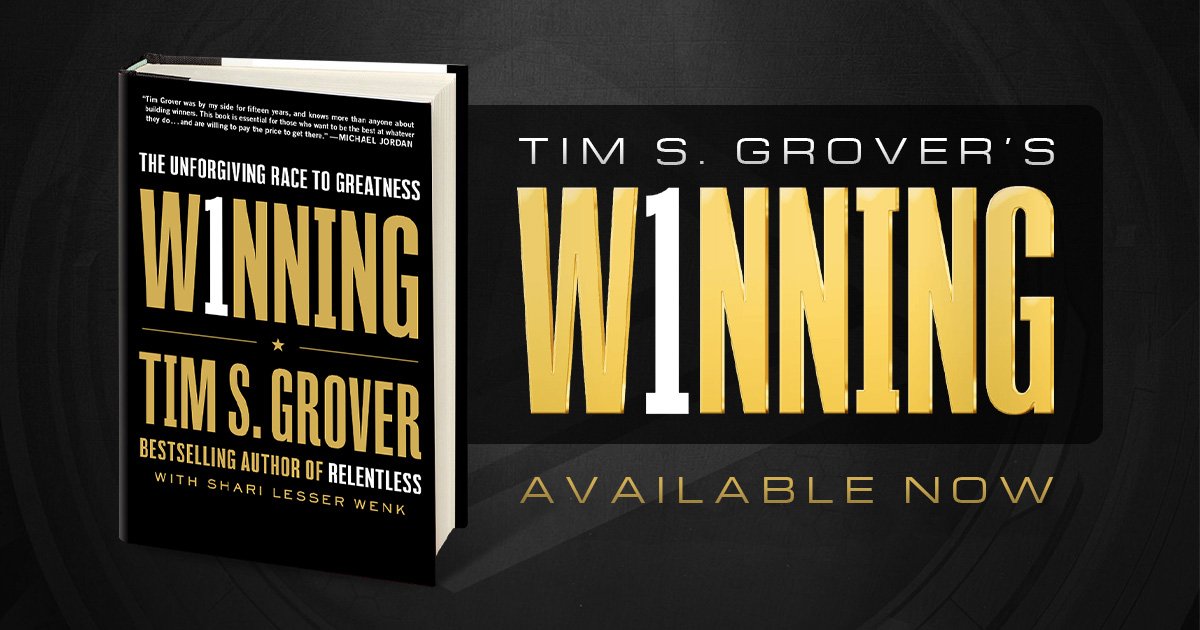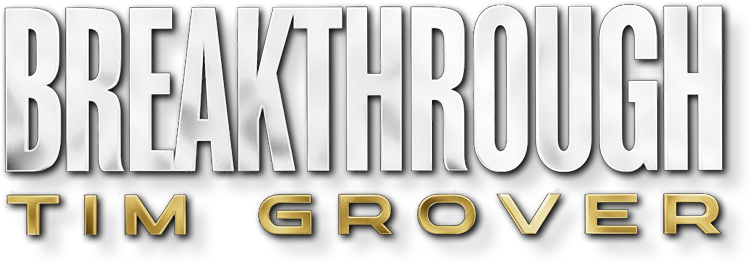There’s no such thing as a meaningless game. Doesn’t matter if it’s the first preseason event or a midseason All-Star Game or the last game in a losing season, a champion shows up to play.
I told this story in my book RELENTLESS, because it’s the perfect example of how the greats compete:
During the 2012 All-Star Game, things got a little intense: Dwyane fouled Kobe, gave him a concussion, and broke his nose. Even for a regular-season game that would have been a lot of damage, but this was the All-Star Game, and a lot of people thought Dwyane was out of line.
That’s a Cleaner. He sees a situation, his killer instinct kicks in, and he attacks. I own this. This is what I do. No hard feelings.
But this story is about two Cleaners, and after the game, there was Kobe, surrounded by an army of doctors and league officials and team personnel trying to examine him and get him to the hospital. He can barely move, nose busted, head ringing, and he’s refusing to go. Why? He wanted to see Dwyane and address the situation.
Eventually we got him to leave, Dwyane apologized the next day, Kobe refused to miss a game, and the story faded away. No hard feelings.
That’s how Cleaners compete. They dish it out, they take it, and they make sure everyone else does too.
But not everyone can take it. I have this theory, yet to be disproven, that most players 6’10” or over cannot handle harsh, confrontational criticism. With someone 6’9″ or under, you can get in his face and just blast him. But any taller, he’ll just lose it and go right into a shell. I think it comes from a lifetime of being stared at and gawked at for being so much bigger than the rest of the population, people pointing and making height jokes, so the tall guys become more sensitive and self-conscious. They’re just emotional softies. They can be complete killers in competition, but they’re also the guys you have to pat on the back, boost their confidence, and make them feel good about what they’re doing. The little guys? You can call them every name imaginable and they keep right on going.
I bring this up to give you an example of how different people respond to competitive smackdowns.
This was back during one of the Bulls’ championship runs, and Scottie Pippen was trying to get Luc Longley fired up during the Finals. All the players were together before the game, and Scottie was talking to Luc, who stands 7’2″.
“Need you to bring your A game,” said Scottie.
And before Luc could respond or even nod, Michael whipped around in front of everyone and said, “Bring your A game? Bring a game.”
Luc was done. I don’t think he scored once. Confidence shot. Goodnight.
Michael didn’t know—or didn’t care to know—how to psychologically deal with teammates. For all his countless gifts as a player, sensitivity to others was not among them. He was driven to attack, dominate, and conquer in every way. Whatever he had to do, he did it, and he expected the same from every individual around him.
Get on my level, or get the hell out of my way.
This is at the core of my message to sports and business groups alike: In anything that requires teamwork, when you’re the guy at the top, it’s on you to pull everyone else up there with you, or everything you’ve built comes crashing down. Not so easy for someone who demands excellence of himself and has no tolerance for those who can’t or won’t rise to that level. Does he dumb himself down so he can fit in, slap people on the back, tell them they’re great, and hope everyone can rise together? Or does he stand up there alone, set the example, and make everyone else work harder?
The answer seems obvious, but you’d be surprised by how many people don’t want to stand alone under the glare of the spotlight, because as soon as you reveal what you’re capable of, that’s what everyone will expect of you. But when no one realizes how good you are, you don’t have to be the guy making miracles and running the show, no one will expect much, and everything you do will seem heroic.
Easier that way.
Easier, that is, if you’re okay being average.
A lot of gifted people will lower their skills to close the gap between themselves and those around them, so others can feel more confident, involved, and relatively competitive. I’ve seen Kobe do that briefly when he has to, as a way to bring his teammates into the action and keep them engaged. It’s a conscious decision to make the other guys feel as if they were one team, not one superstar surrounded by a second-rate supporting cast.
Michael went the other way and came right out and said it: that’s my supporting cast.
His message was clear and unrelenting: Hey, I’m not bringing my game down so you can look better; you bring your game up so you can look better. He refused to put his own game in the backseat just to give other guys more action, unless you proved to him you could handle the responsibility.
During a game, Michael would assess who was and wasn’t giving 100 percent and make his own adjustments. He never showed frustration on the court; his body language and demeanor never changed. He’d just say, “You’re not playing tonight? That’s fine, I’ll play for all five of us. You keep it close into the fourth quarter, I’ll do the rest.” And he’d do it in a way that uplifted everyone else, as if that were the game plan all along.
It’s far more typical for stars to get aggravated and emotional when their teammates don’t show up, and then everyone falls apart because all that emotional energy is completely destructive.
But Michael never showed it inside the lines during a game. He always stayed positive, always had fun out there. After the game he was like Genghis Khan: he’d go after your balls and your head and everything in between. But during the game, while he was in that Zone, it was all about taking control, staying cool, and getting that end result.


